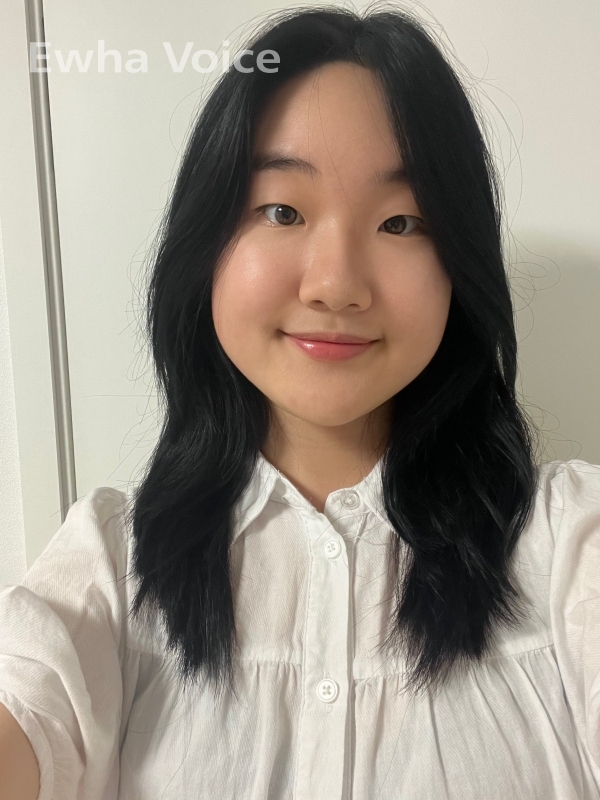Suna Jung
Department of English Language and Literature

Recently, I watched a lot of short videos on Youtube and Instagram. While there were lots of interesting videos to watch, the videos that I couldn’t stop watching was the ones where a Korean woman showed her vegan recipe of Korean cuisine while talking about her life. She was “The Korean Vegan” (her Youtube channel name), a lawyer and a youtuber. Joanne Molinaro(The Korean Vegan) told stories about her Korean family; how their parents sacrificed for their children, the traumatic childhood memories of her dad, how she grew up to understand her parents, and many more. She also talked about her life as well, overcoming and healing from breakup, how the attitude towards her life changed since she started to run marathons. Because she told her tales in a soft and calming voice while making a home-cooked meal, it almost felt like listening to an older sister or an aunt.
I also read the book “Crying in H Mart”. The book is written by Michelle Zauner, a Korean American who is a lead vocalist and songwriter of the alternative pop band Japanese Breakfast. She brilliantly describes the Korean cuisine and the culture in the eye of Korean American, and as the daughter of a passionate Korean mom. Like Joanne, Michelle also used Korean food as a medium to introduce the readers to her Korean American life. As this book is a memoir written after Michelle’s mother’s death, the reader can follow the journey of understanding Korean culture, embracing it and forgiving her mom in the perspective of the author.
As I finished reading “Crying in H Mart” and had binge-watched most of Joanne’s videos, I wondered why those book and videos bring so much comfort to me. To be honest, I was never in the same environment as them. I mostly lived in Korea for my life, except one year in Australia. But somehow, my personal experience also resonated with their stories. I was raised by my grandparents, and their ways of showing love were quite different and were quite difficult to understand. Unlike the people in our generation, they didn’t know how to show love in a soft, expressive way. But they always cut fruits for me to eat after school, cooked my favorite dish on special days, and worried about me eating instant cup noodle way too often.
Both the book and Joanne’s videos gained sympathy from people all over the world. Although Michelle and Joanne’s exact experience aren’t something universal, people were able to sympathize, think about themselves and their loved ones. What I realized is that this is the power of great storytelling. No matter what our comfort food was, whether it was chicken noodle soup, pho or kimchi jjigae, we all have some kind of special memories related to food. Listening to Michelle and Joanne’s story made people revisit the memory of thanksgiving dinner with family, or the first meal you cooked that tasted weird.
In the world of so much hatred, this sense of sympathy is precious. With Asian hate crime happening every day, maybe the most important thing that we all ignore is understanding and coming together. Stories of social minorities, especially story of Asian American women not only empowers themselves but also gives opportunities to those who never experienced their lives. Including Michelle and Joanne’s stories, the Asian American narrative has been gaining more and more attention. Through getting second-hand experience from the stories, I hope we can all gather around a big table and share the dishes our parents, aunties, and cousins made with us. I’m sure Koreans will definitely bring the most amazing bulgogi (marinated beef), or japchae(glass noodle with vegetables), or maybe galbi jjim(braised short ribs) to share with everyone.

